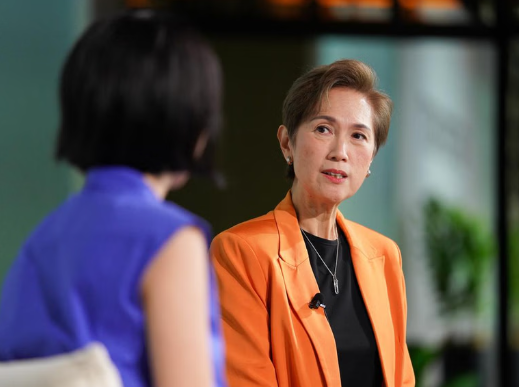AI-Generated Falsehoods Pose Challenge for Election Integrity
Singapore is considering measures to regulate AI-generated deepfake content, including a potential temporary ban, to prevent misinformation during elections. Minister for Digital Development and Information Josephine Teo discussed this at the Reuters NEXT APAC conference, referencing South Korea’s 90-day ban on political AI content before its April elections.
Teo acknowledged that Singapore’s short election periods make a similar approach impractical. Instead, authorities are evaluating tailored solutions to address AI-generated falsehoods. Countries like India and South Korea have already encountered AI-driven misinformation, with South Korea identifying 129 deepfake violations within weeks of its ban.
Singapore’s existing legal framework, including the Protection from Online Falsehoods and Manipulation Act (POFMA), provides tools to counter misinformation, regardless of whether it originates from AI. However, Teo stressed the need to refine laws to address specific AI-related loopholes.
Beyond regulation, Singapore is intensifying its AI development efforts. The government is expanding the nation’s data center capacity by over a third, reinforcing its position as one of Asia’s densest data center hubs. Teo emphasized the importance of computational infrastructure in AI adoption, particularly in high-value industries.
As Singapore prepares for elections by November 2025, the government continues to assess strategies to balance AI innovation with safeguards against digital deception.








